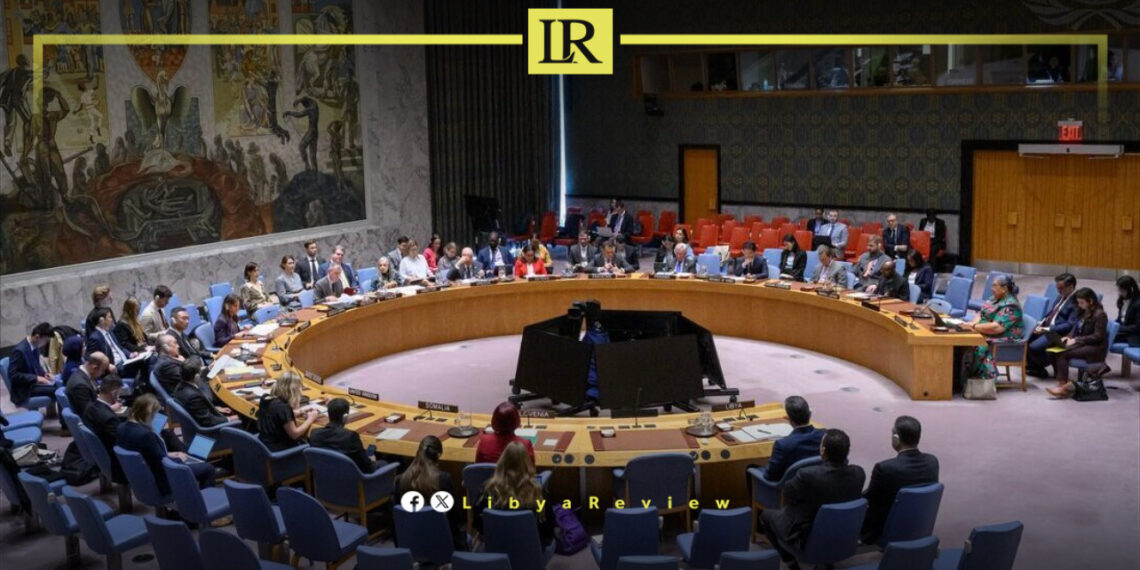The Special Representative of the UN Secretary-General for Libya, Hanna Tetteh, held a series of high-level meetings in New York to rally international support for Libya’s stalled political process.
Her outreach comes at a critical time, as the country faces deep institutional fragmentation and rising public frustration over the absence of legitimate governance.
On the sidelines of her April 17 Security Council briefing, Tetteh met with the permanent representatives of Libya, China, Egypt, France, Italy, Qatar, Russia, Turkey, the UAE, the UK, and the US. She also met with ambassadors from the African Group (A3+1), including Algeria, Sierra Leone, Somalia, and Guyana.
Tetteh urged these international and regional actors to support a coordinated and inclusive approach to resolving Libya’s political crisis. She emphasized that any meaningful solution must be Libyan-led and Libyan-owned, warning against continued foreign interference, which she said undermines national sovereignty and weakens the legitimacy of political outcomes.
She updated the envoys on the work of the Advisory Committee, a technical group tasked with resolving the most contentious elements of Libya’s electoral laws. The committee is expected to complete its work by the end of the month, unless delays occur. Several representatives raised the possibility of reviving the roadmap established during the Berlin Process in 2020 and 2021—a suggestion Tetteh welcomed.
In her discussions, she also underscored the urgent need to restore institutional legitimacy through municipal and national elections, as well as the importance of compromises among rival Libyan factions.
Many issues, such as public financial management, corruption, and the creation of a unified national budget, were also addressed. Tetteh stressed the need to preserve the independence of oversight institutions and ensure transparent budgeting.
During her meeting with ambassadors from the African Group, Tetteh provided an update on Libya’s political, economic, and humanitarian situation. In return, the diplomats expressed concern over sanctions, arbitrary arrests, shrinking civic space, and delays in local elections. They also discussed fuel smuggling, foreign interference, and the need for regional collaboration on security sector reform.
Tetteh concluded her meetings by reaffirming her commitment to a fast but cautious approach to diplomatic engagement, stressing that outcomes must be widely supported and genuinely rooted in Libyan consensus. She warned that without a coordinated international approach and national ownership, Libya risks further instability.


